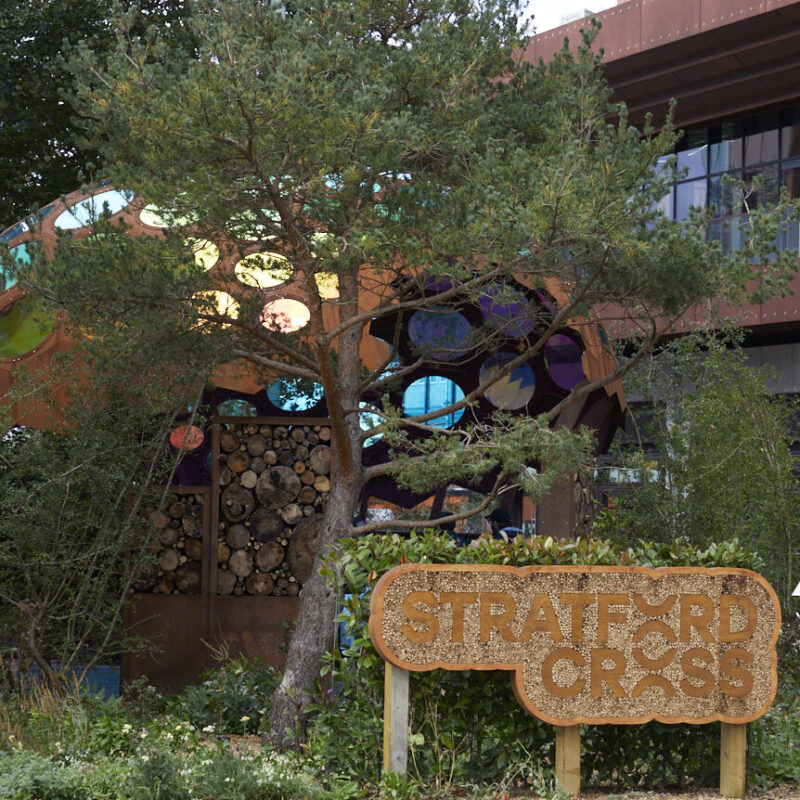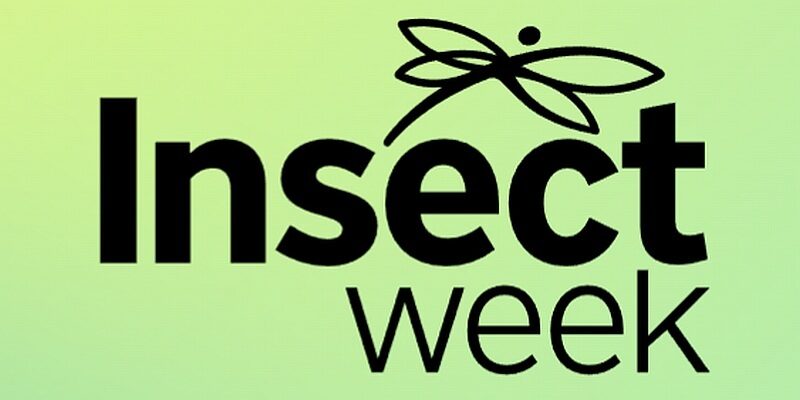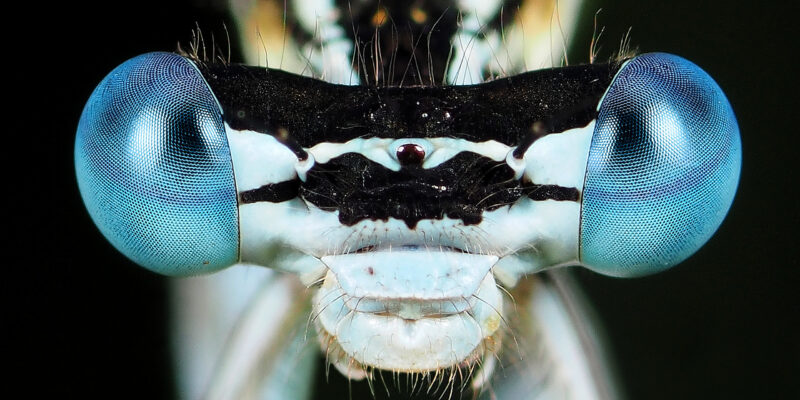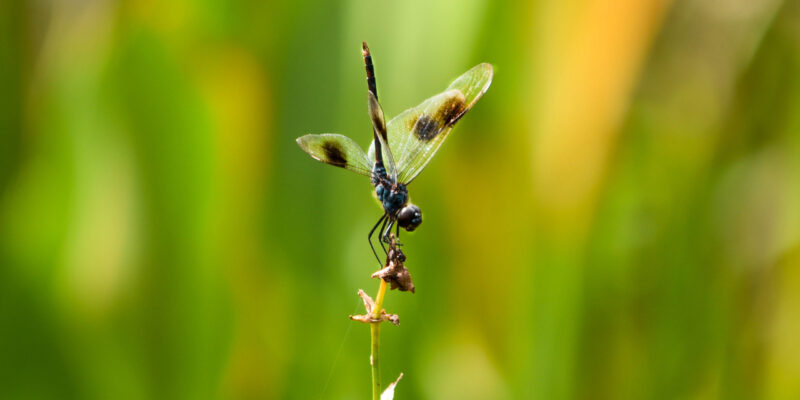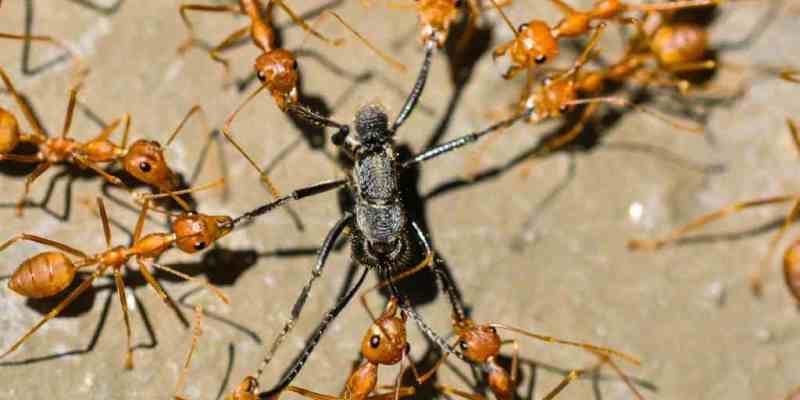Over the summer of 2024, the RES trustees and staff team were delighted to plan, deliver and announce the opening of the award-winning RES Insect Garden (Chelsea Flower Show 2023) in its new location at Stratford Cross, East London. This marks an exciting new chapter for this impactful and long-term engagement project.
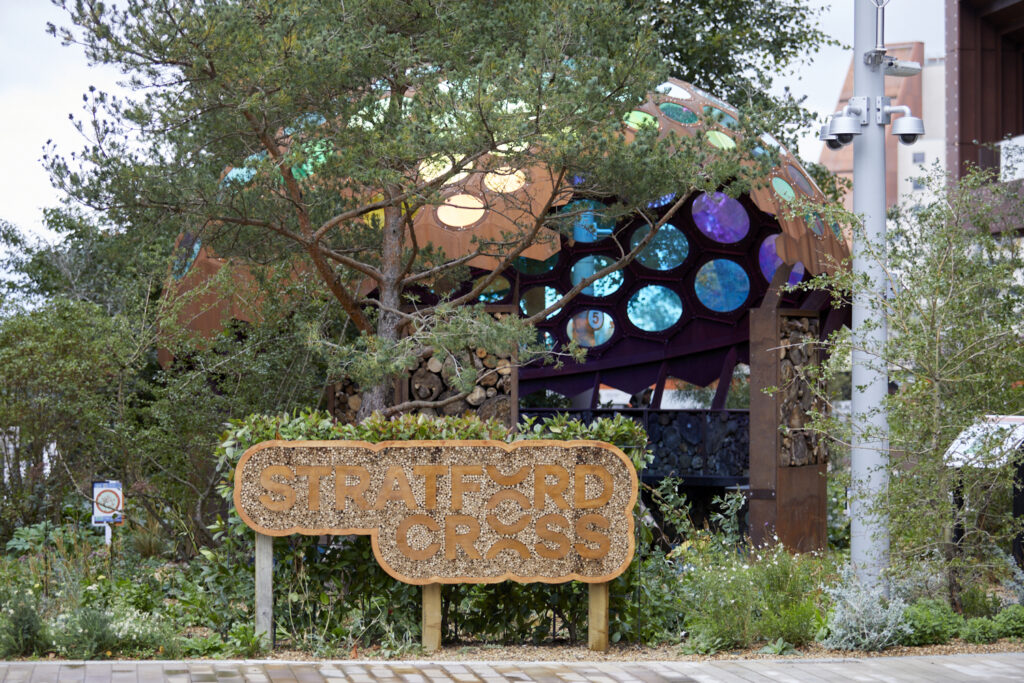
The relocation follows its success at Chelsea, where it was praised for its innovative design and planting, its ability to provide food and habitats for insects, and using sustainable approaches that are resilient to climate change. At the show itself and through extensive media coverage in the UK and around the world, it brought strong messages to millions of people about the importance of insects and their study in our gardens, ecosystems and lives. The garden has now been permanently installed in Stratford Cross, East London. Thanks to the generous support of Project Giving Back, Lendlease, SHIFT (London Legacy Development Corporation) and individual donors through the Big Give Appeal, the RES Insect Garden is now fully open to the public in an innovative and diverse area of the city
The relocation of the garden to Stratford Cross, a gateway to a new cultural quarter in London, will provide years of opportunity for public engagement, scientific discovery, and insect science education. Thousands of visitors, residents and workers will pass by this garden every day, each with the chance to interact with a beautifully designed space that highlights the critical role insects play in our urban landscapes. The compound eye-inspired laboratory is vibrant and unique which draws attention from afar. The laboratory not only adds a striking visual element to the urban landscape but also serves as a functional space for studying insects with small groups.
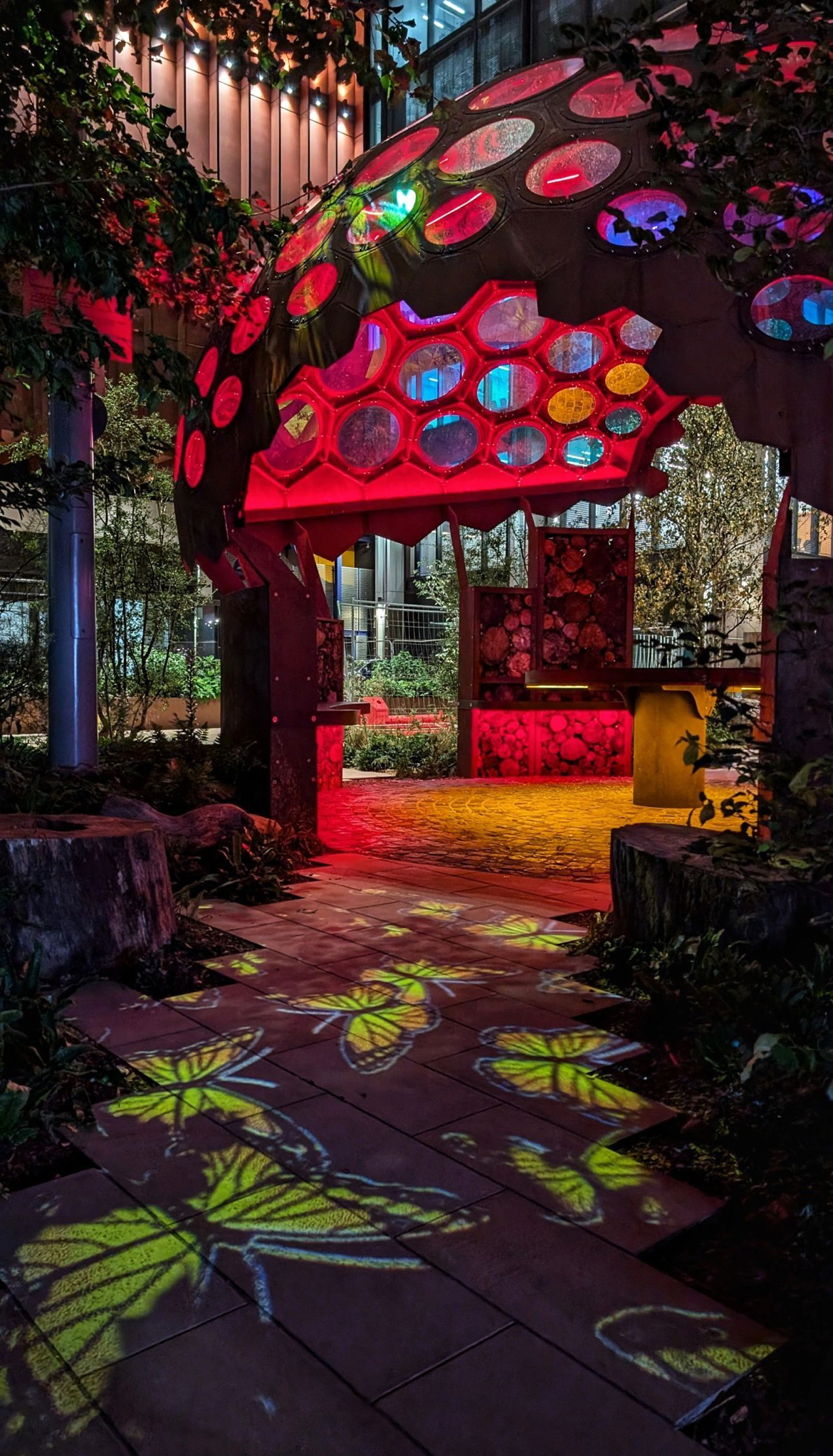
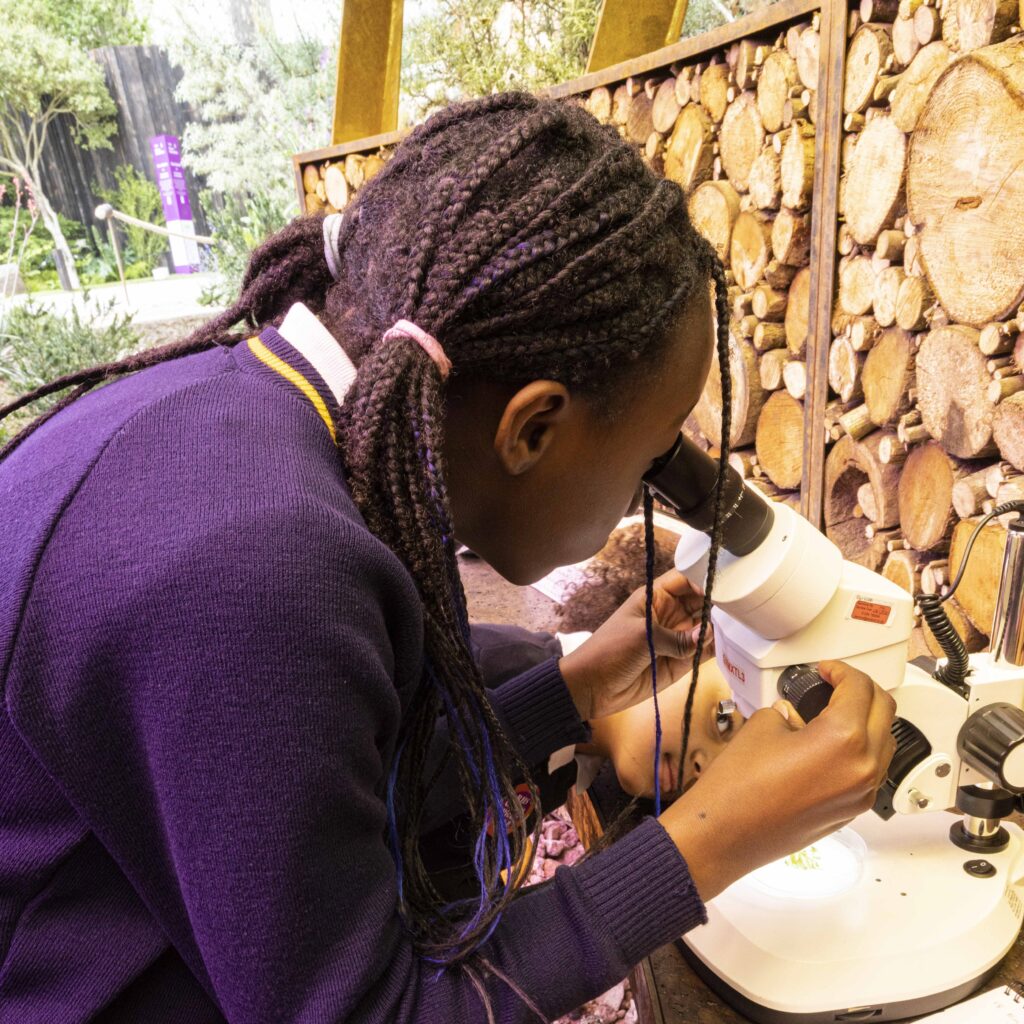
A Garden for All
The RES Insect Garden is more than just a collection of plants—it’s an outdoor teaching laboratory, a space full of ideas for insect habitats and an example how even small urban spaces can be transformed into havens for insects. Designed by renowned garden designer Tom Massey, the garden demonstrates how simple, practical steps can support insect biodiversity. Featuring habitats made from dead wood, stones and leaf litter, the garden is a visual and functional reminder that everyone can contribute to insect conservation, whether they tend a garden themselves, a balcony, or even a single window box. The lighting design of the garden minimises impact on insects by using low-intensity red lights.
Tom Massey emphasised the importance of this move to Stratford Cross: “The vast majority of the UK’s population live in urban areas, so we must consider brownfield sites as important for biodiversity as more rural locations. Stratford Cross is a fantastic example of how it’s possible to deliver a sustainable built environment that prioritises benefits for both people and nature. It is great to see the garden come to life in its permanent home as a platform for the RES to raise awareness of insects and their importance in the global environment.”
As entomologists around the globe know, insects are often overlooked, which means that more opportunities are needed to engage with people and increase the visibility of the fascinating insects around us. This increases people’s knowledge about the importance and study of insects. The RES Insect Garden will now serve as a long-term resource for education, research, and community engagement, inspiring visitors to understand the impact that insects have on the natural world around them and learning more about the measures that can help provide habitats to boost populations of hundreds of species.
Launching with Lloyd of the Flies
One of the most exciting aspects of the garden’s relocation so far is the augmented reality (AR) trail, developed in partnership with Aardman Animations, creators of the popular children’s series Lloyd of the Flies. Lloyd, a mischievous housefly, has been named the first-ever non-human Ambassador of the Royal Entomological Society, and his Bug Hunt trail is sure to be enjoyed by families visiting the garden.
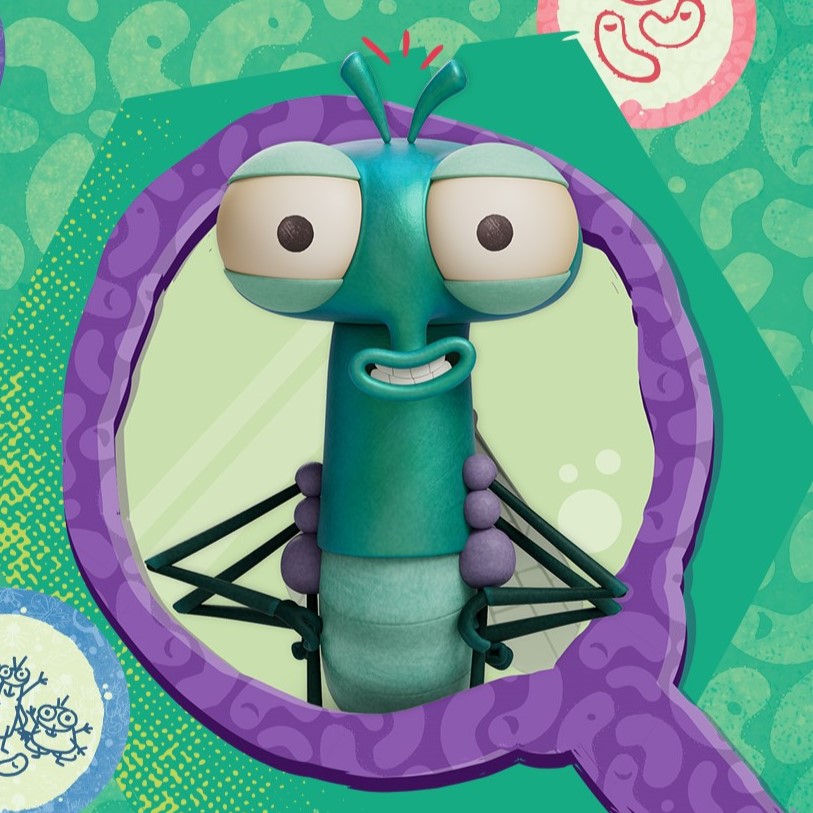
Using Aardman’s AR app, children and families can help Lloyd find his insect friends and return them to the bug hotel in the garden. Along the way, visitors will learn fascinating facts about insects and see the world through an insect’s eyes, bringing a sense of fun and discovery to the garden experience.
“We created Lloyd of the Flies to bring the fascinating world of insects to children in a fun and accessible way, so the partnership with the Royal Entomological Society and the team at Lendlease is a perfect way to celebrate Lloyd’s appeal. Having spoken to Lloyd himself ahead of the big Bug Hunt launch at Stratford Cross, I can confirm that he can’t wait to explore the RES Insect Garden for himself and introduce his friends to the fantastic habitats and sources of food for insects that it offers!”
– Matthew Walker, creator and director of Lloyd of the Flies
The Bug Hunt trail not only offers a playful experience for younger visitors but also serves as an important tool for raising awareness about insect conservation. By engaging children and families in a creative, interactive way, the trail and Lloyd’s new role as an RES ambassador promote curiosity about the insect world.
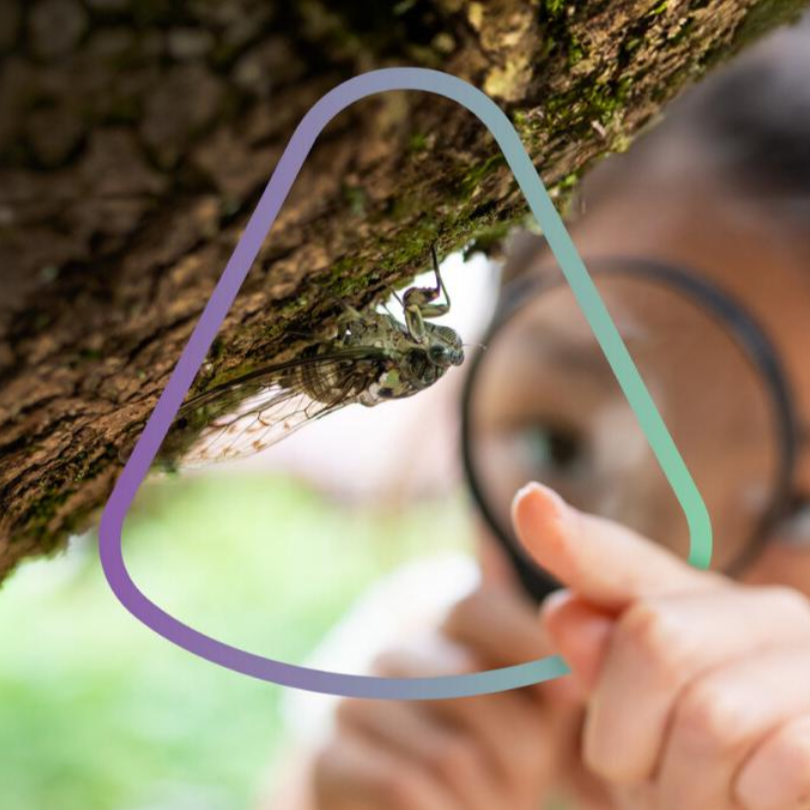
Educational Opportunities in 2025 and Beyond
The RES Insect Garden will become a focal point for educational initiatives designed to engage both children and adults. In partnership with the Field Studies Council, the RES is set to launch a dedicated education programme in early 2025, offering children the opportunity to explore and learn about insects in a hands-on environment. These sessions will help ignite an early interest in entomology and provide a practical introduction to science and nature in an urban context. Hopefully inspiring he next generation of insect scientists it is hoped the garden and lab will also be used to teach students studying A-level Biology and the new Natural History GCSE. It is hoped that the garden will grow to have at least 140 dedicated entomological teaching sessions per year to school children by 2029.
For adults, the garden and the RES team will also support an educational programme developed in collaboration with Newham Borough Council, focusing on urban biodiversity and the role insects play in cities, homes and green spaces.
Simon Ward, CEO of the Royal Entomological Society, sees the garden’s relocation as a major milestone for the Society’s mission: “We are passionate about inspiring the next generation of insect scientists – whose fascination with insects often starts in childhood. Our huge thanks go to Lendlease, SHIFT, and Project Giving Back for helping bring the RES Insect Garden to East London as a permanent urban haven for insects and insect science.”
In addition to its public engagement and education roles, the RES Insect Garden will also serve as a platform for scientific research. Working with local universities, its central location and innovative design make it an ideal site for studying how urban green spaces can support insect biodiversity.
A Bright Future for the Garden
As the garden settles into its new home, the RES looks forward to expanding its role engaging people in the study and science of insects. The Stratford Cross location, with its high footfall and proximity to world-class cultural and academic institutions, ensures that the RES Insect Garden will reach a wide audience. Whether through the Bug Hunt trail, schools educational programme, or its role as an outdoor laboratory, the garden will continue to play a flagship role promoting the appreciation of insects and entomology.
We invite RES members and the public to visit and explore the garden, and to follow the progress of this wonderful new urban space for insects over the years to come
For more information, visit www.royensoc.co.uk/the-res-garden/.



